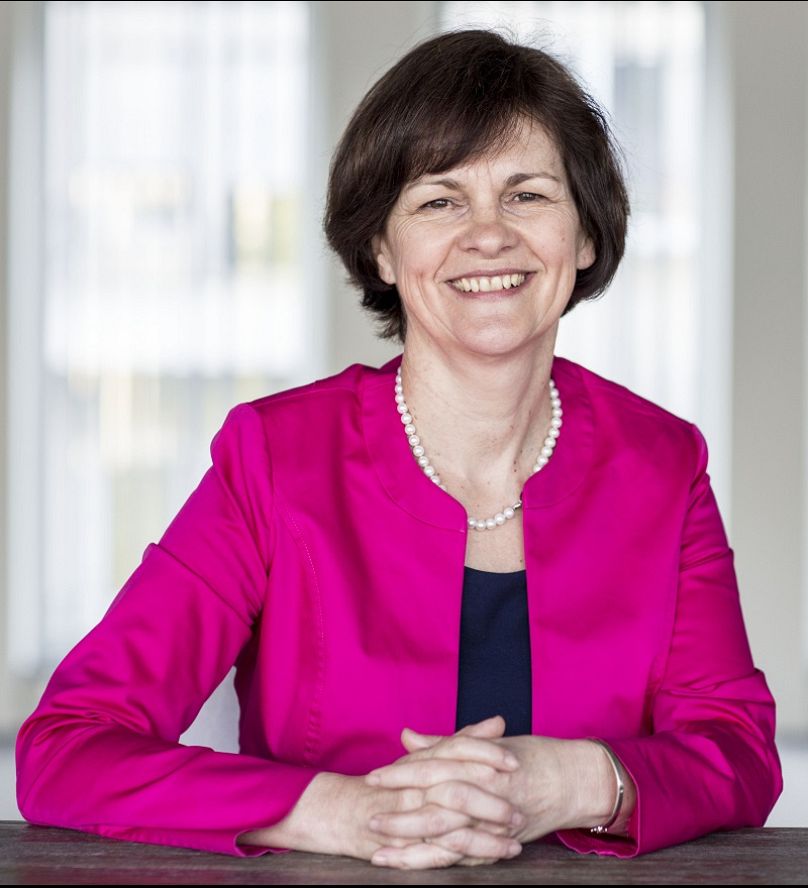A new EU law can help ensure that public money is channelled to best-in-class medicines. But only if member states stop dragging their feet.
Recently, the EU made waves when it announced its Cancer Plan. One proposal that caught my attention is to ease access to cancer treatments by making sure they are affordable. This is great news as new cancer drugs are incredibly expensive. A single shot of a new blood cancer therapy can cost over €300,000 in Europe. But, as if exorbitant prices weren’t enough, we can’t always be certain these new cancer drugs work as they should.
The same concern goes for other types of medicines. Just last year, German consumer group Stiftung Warentest rated a quarter of 2,000 over-the-counter medicines as “unsuitable.” Why? Because the chance they work is either insufficient or low compared to the risk of getting side effects.
To fix this, member states need to get their act together and finally adopt an EU law on Health Technology Assessment (HTA), which has been pending for over two years.
How does HTA work? National bodies look at clinical trial data and other evidence to assess the value of new medicines and medical devices against those already on the market. In turn, governments rely on these assessments to decide on pricing and reimbursement in their country. It helps avoid paying for medicines with no added value, channelling money from the public purse to innovative medicines, surgeries and other health interventions that substantially improve people’s health and even save lives. In sum, it’s all about getting the best value for money.
The cooperation between national HTA bodies is only voluntary and does not bear fruit. Some are reluctant to use the joint findings, resulting in duplications which in turn wastes public money, as the EU Commission has flagged.
If member states cooperated better on HTA, we would all benefit on several fronts. Just like sharing tasks with your colleagues, it avoids doubling work, you learn from each other and you deliver more as a group than on your own. Also, more efficient cooperation on HTA would mean safe medicines and implants – such as hip replacements and pacemakers – reach patients faster.
For this reason, the European Commission made a proposal that aims to make such cooperation mandatory. But some member states staunchly oppose the obligation to use the information from EU-wide reports, favouring rather the possibility to re-do the clinical assessments at a national level for no good reason.
We all agree that HTA reports must take into account the specificities of each national health care system. Precisely for this reason, nothing should prevent member states from relying on additional clinical evidence that matters in their national context, as rightly proposed by the European Parliament. If you go for a fixed menu (the joint report) at a restaurant, nothing prevents you from ordering vegetables or fries on the side (additional national data).
Where there is a will, there is a way. Even more so when national governments acknowledge they are facing the same problems of expensive medicines with dubious benefits. It’s time for member states to strike a deal that impacts consumers’ lives for the better, just like the Cancer Plan aims to do. There is no more time to lose when it comes to consumers’ health.
Monique Goyens is Director General at the European Consumer Organisation (BEUC).
____________
Are you a recognised expert in your field? At Euronews, we believe all views matter. Contact us at view@euronews.com to send pitches or submissions and be part of the conversation.












